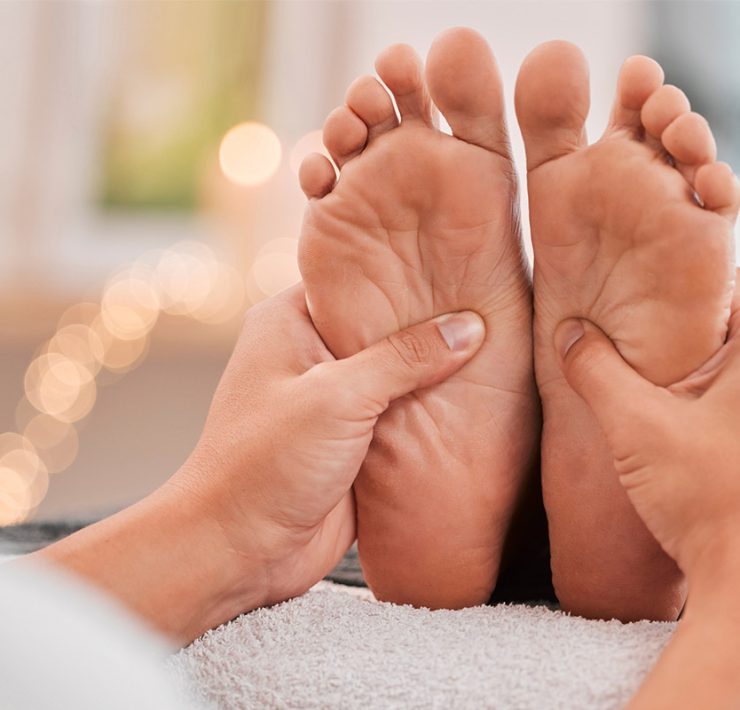Mental health is one of the most pressing yet hidden issues in the workplace. Nearly 1 in 5 people in the workplace today are estimated to have a mental illness, according to the CDC. In 2021, 76% of all employees reported symptoms of anxiety or depression.
When it comes to the workplace itself, feelings of anxiety and depression, along with other mental conditions, can manifest themselves in the form of anxiety, burnout, and/or irritability.
Poor mental health can have a severe impact both on the quality of life of your employees and on the productivity of your workplace. A study conducted by Mind Share Partners found that 77% of employees said they had been less effective at work due to mental health challenges, and 17% said they had missed more than 10 days of work because of mental illness. Among millennials and Gen Z-ers surveyed by Deloitte about mental health and other work concerns in 2021, over 40% of surveyed employees feel “stressed all the time,” and a similar number felt that their employer had not adequately supported their mental wellness.
The search for mental wellness at work can lead to increased turnover. Even in the wake of the Great Resignation, a full 81% of employees surveyed said employer support for mental health would be important in their search for their next position.
So How Do You Foster Mental Health in the Workplace?
Encourage Healthy PTO
The past several years have seen an increased awareness of workday mental health and a willingness to discuss mental health. One of the first steps employers can do is acknowledge that mental health at work is important. Employees should be encouraged to seek out help when they need it and take time off as necessary. Taking time off from work to recharge helps reduce stress and anxiety, helps employees rest, and even improves heart health.
But make sure that the company practices what it preaches from the top. Workaholic management can set an expectation that all employees are expected to follow suit—leading to burnout, resentment, and turnover. But when workers see their leadership maintaining a healthy work/life balance of their own, this essential element of mental health can be viewed as a company value, rather than a luxury.
Put Your EAP Front and Center
Many employers have an EAP (Employee Assistance Program)—about 80% of all employers in the United States—either directly or through their insurance platforms. Yet most employees are not aware of their EAP or are leery of using it. EAPs help connect employees to mental wellness resources, as well as providing counseling with life issues like financial difficulties and substance abuse.
If you offer an EAP at your workplace, make sure employees know about it. In addition, reassure employees that their EAP is confidential and free to use.
Wellness at Work and at Home
When you think of the health benefits of massage, you might think of it as great as a remedy for back, neck, or muscle pain. And you would be correct! You might not, however, immediately think of massage as great for mental health, and in that you would be remiss.
Massage is an excellent way to reduce stress and improve mental health in an efficient, healthy manner. Chair massage at the office can reduce blood pressure, cortisol (a hormone produced by stress), and feelings of stress and anxiety in just 15 minutes. In addition, offering chair massage in the workplace lets employees know that their employer cares about their mental—and physical—wellbeing.
For employees in a hybrid or fully remote work environment, mental health-improving massage can also be offered remotely, with in-home massage, paid for by employer credits. Visit Zeel@Work to learn about hybrid and remote options for employee massage benefits.
Marcy is the SVP of People and Communications at Zeel. In addition to overseeing the humans of Zeel, Marcy has written about workplace topics for more than 20 years both at Zeel and as VP of Content for Vault.com, a career information web site and publisher.







